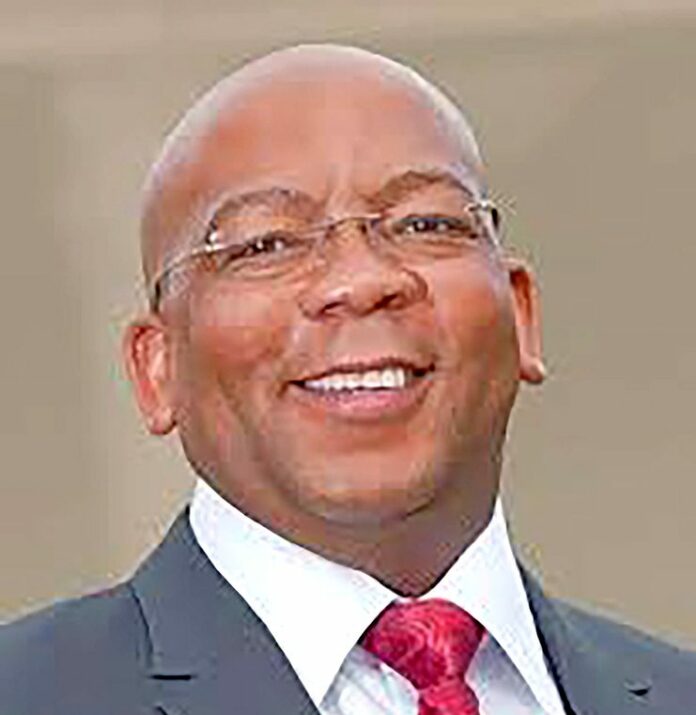Plans that have been put in motion to tackle the country’s longstanding energy crisis are beginning to pay off.
Electricity Minister Kgosientsho Ramokgopa confirmed this during a media briefing about the implementation of the energy action plan in Pretoria on Monday.
Recently, the country has seen a decrease in the occurrence of loadshedding, with the minister remaining optimistic about a permanent solution.
Eskom announced on Sunday that it was suspending loadshedding due to improved performance in its generation fleet, saying blackouts will make a return on Tuesday.
During the briefing, Ramokgopa stressed that Eskom’s ability to extend loadshedding suspensions is due to the efficiency of its generation units, which are producing more power than planned.
He mentioned that the increased adoption of rooftop solar has reduced grid demand, with an estimated 4 500MW of rooftop solar installations, nearly double that of 2022.
“People say demand is going down because of rooftop solar – yes, that is what we want, that is what we are encouraging,” said Ramokgopa.
“We want this number [of rooftop solar megawatts] to be higher and higher.”
He acknowledged the hard work of Eskom employees while recognising that the energy-generation problem persists.
He added that the country “has turned the corner but [is] not out of the woods yet”.
“We have turned the corner although we are not out of the woods yet, we are beginning to show sustained improved performance over a period of time, an affirmation and validation of the work that the team is doing at Eskom.
“Exceptional amounts of work and application is something that has to be commended.
“The plans that we put in motion are beginning to bear fruit. I did indicate some time back when we were experiencing heightened levels of loadshedding stage six that essentially what we are dealing with is a short-term pain which is going to result in long-term gain.”




